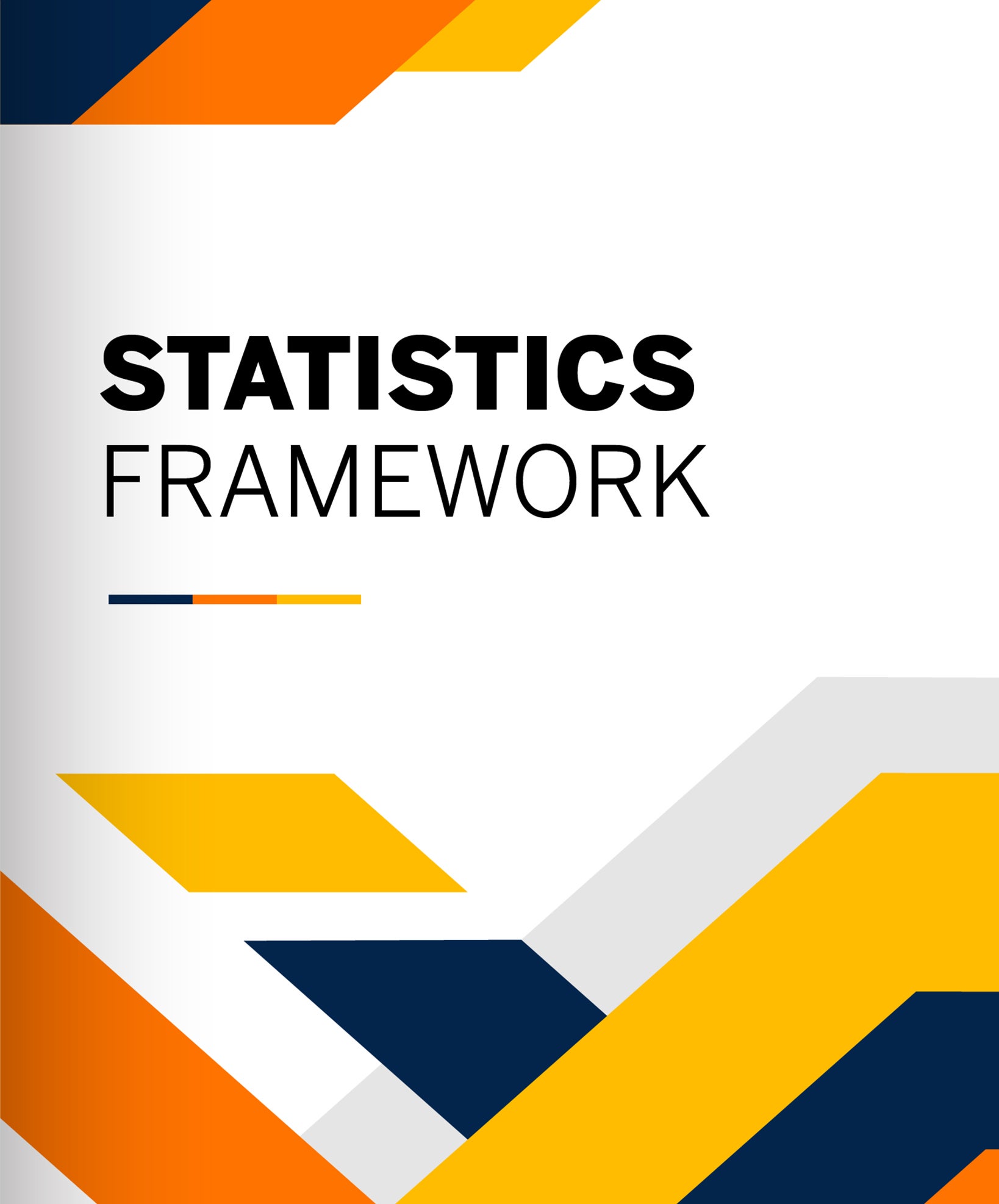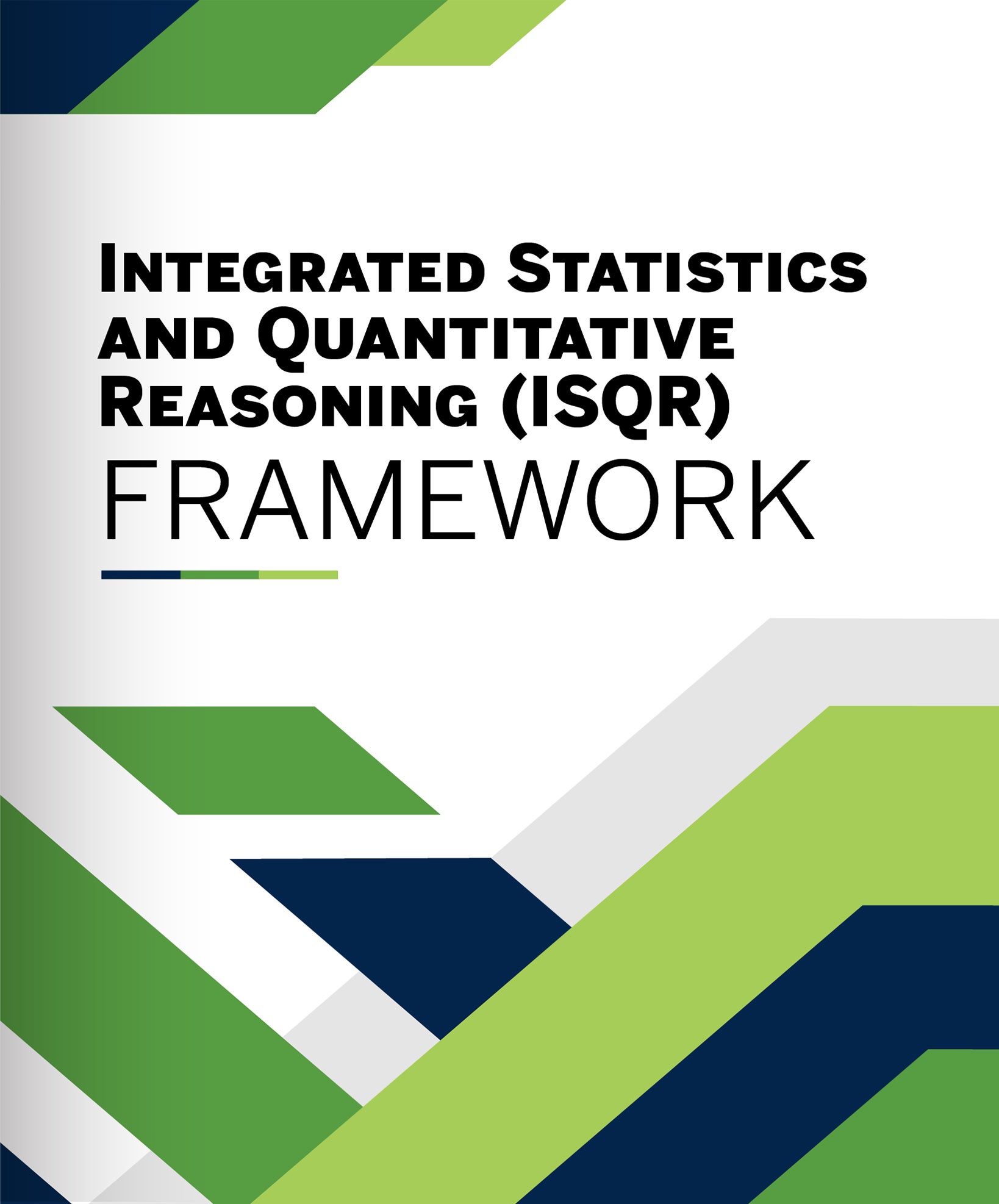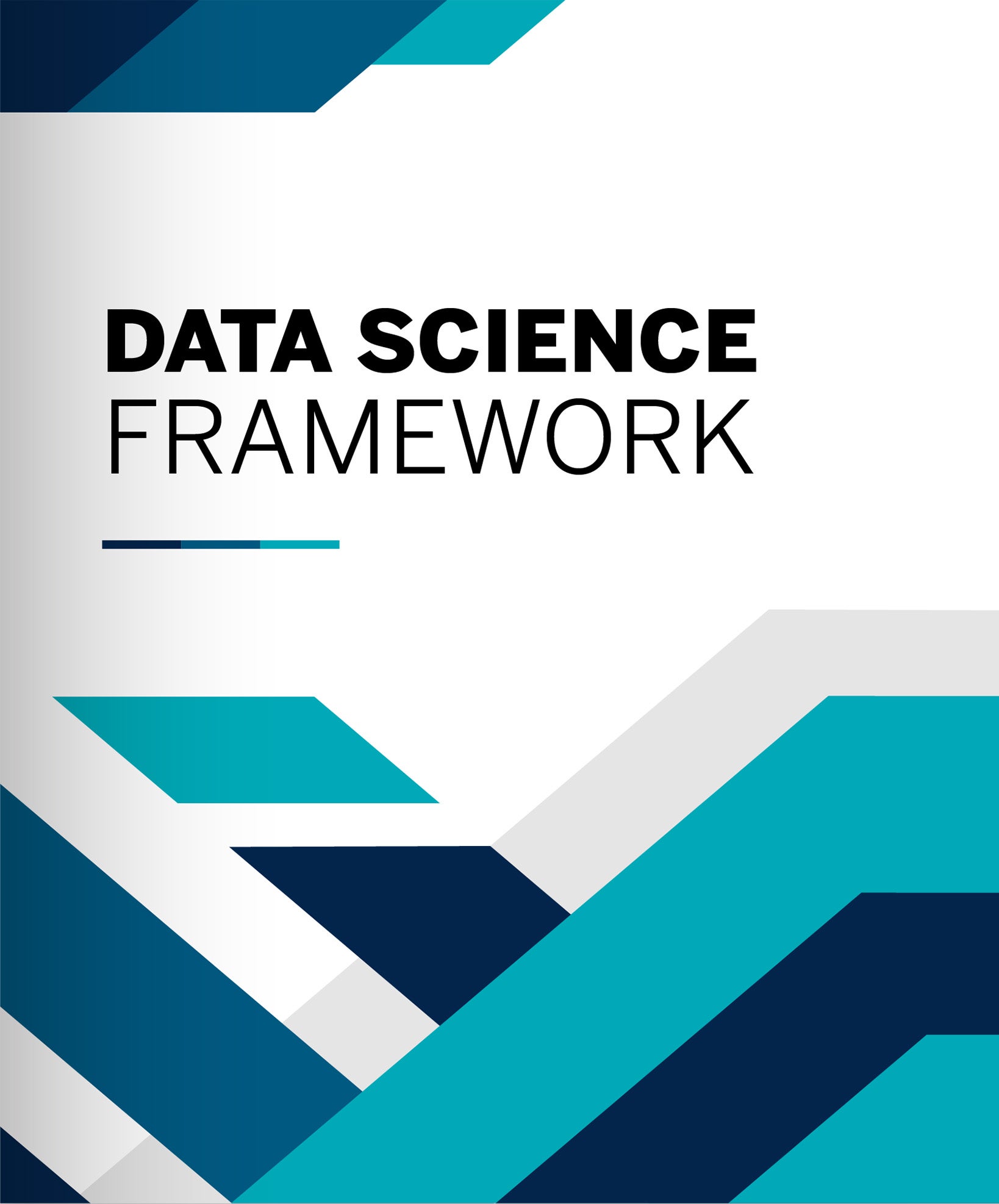Innovative design principles and student learning outcomes
As part of the Charles A. Dana Center’s mission to reshape math education to meet students’ needs in our rapidly changing world, we have developed three new fourth-year math course frameworks. The design principles and student learning outcomes are intended to help educators develop engaging, rigorous courses for math pathways that extend from high school through higher education and into the workforce.
Our frameworks for Data Science, Statistics, and Integrated Statistics and Quantitative Reasoning courses support students in multiple mathematics pathways. All students, whether they are college bound or planning to enter the workforce after graduation, should be able to critically interpret and engage with data, understand data ethics, appreciate the power and limitations of mathematics and statistics, and use available technology to conduct investigations in authentic and meaningful contexts.
Many high schools, however, still guide students toward an algebra-heavy curriculum despite the labor market’s increasing demand for skills in statistics, data science, and quantitative reasoning. These frameworks focus on relevant, real-world application and critical thinking for our data-driven world. Whether you’re an educator working on improving your curriculum or a policymaker who wants to advance mathematics education, our course frameworks provide the tools and insights needed to create a lasting impact.
Check out our Frameworks



How the frameworks were created
During the 2023–2024 school year, a group of 40 researchers, curriculum designers, and K–12 and postsecondary educators developed the Data Science, Integrated Statistics and Quantitative Reasoning, and Statistics course frameworks.
These content experts convened to collaborate on research-informed recommendations for pedagogy, learning outcomes, and appropriate use of technology for all three courses. These recommendations were then tailored to the specific needs of each course’s mathematical focus.
